A mix of my favorite recent books extolling
women heroes, some real, some fictional
By Dolly Haik-Adams Berthelot
Since 1987, America honors women particularly in the month of March, so we do that here through contemporary literature by and about females. Much exemplary fiction celebrates heroines year round, often thru unforgettable characters real and imagined. Some of my favorites in recent years include one witty novel; five well-researched historic fictions of eras and places near and far; one surprising memoir; and my top choice, one speculative fiction in an America that seems increasingly plausible today.…
These books span centuries and continents. Each portrays remarkable women surviving and surpassing against great odds. And love them or loath them, each story offers rich material worth contemplating and discussing. Each book produced lively conversations in at least one of the several book clubs in which I am active. And isn’t that what we all hope for in book clubs?
- Lessons in Chemistry by Bonnie Garmus
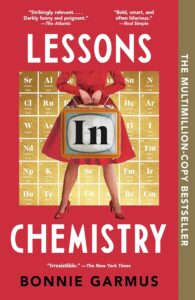
This novel focuses on one bright, feisty woman in the world of mid-twentieth century chemical research and—by default—culinary TV. Garmus uses a bit of a light touch with humor to remind elder women what we may have gone through (or escaped) and to show younger women how things have improved. Nothing has become perfect, to be sure, but the academic and the media worlds have at least improved, thanks to mavericks like the memorable Elizabeth Zott with her biting wit. Elizabeth’s daughter and other characters add to the fun. Lessons in Chemistry is now also a popular series which I’ve yet to see but about which I hear accolades. It is streaming on Apple TV.
- The Women by Kristin Hannah
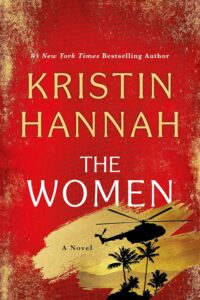
Unflinching at the brutality from war, The Women is painful at times, but deserves our attention. Even many of us who lived during the Vietnam period failed to recognize or acknowledge women also suffered through that horror, notably nurses such as Frances Grace McGrath (Frankie), the naive girl whose privilege can’t save her from the pain of mutilated and dying patients, surrounding bombs, heartbreaking romance, and the humiliation of the Homefront to which she returns. Her friends Barbara Sue and Ethel are essential supports. Her parents, no so mucht! Those of us who always opposed that war will cringe and cry no less than the war’s supporters (if any of those remain).
Hannah’s prior long-beloved WWII novel Nightingale presents another woman war hero, that one a French Nazi resister.
- First Ladies by Marie Benedict and Victoria Christopher Murray and The Only Woman in the Room by Marie Benedict
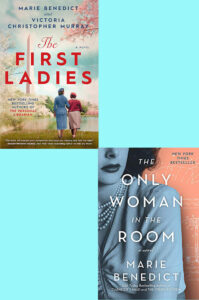
I combine these two because they are part of what has a become a best seller unofficial series by Marie Benedict. With and without a calaborater, Benedict promotes significant contributions by various actual women of value across time and place. First Ladies shows in detail how two exemplary women, President Franklin D. Roosevelt’s wife Eleanor, and academic black activist Mary McLeod Bethune, became friends and worked together to greatly benefit African Americans and the early Civil Rights Movement from 1927 to 1943.
Those transformative women contrasted sharply with the gorgeous Jewish actress Hedy LeMarr, known more for her beauty than her brilliance. However, as fascism rose in her native Austria, LeMarr’s beauty may have blinded the men discussing “important matters” like Hitler in her presence. She fled to America and became a famous Hollywood actress, but her natural scientific mind, Benedict tells us, led to inventions of great future import.
Similar Benedict books about possible hidden contributions include The Other Einstein (Albert Einstein’s mathematical wife who may have greatly influenced him and The Personal Librarian (of J.P. Morgan), another Benedict-Murray collaboration which I’ll read soon for another book club. These books provide a service but do not, in my judgment reach peak literary excellence.
- The Librarian of Burned Books by Brianna Labuskes
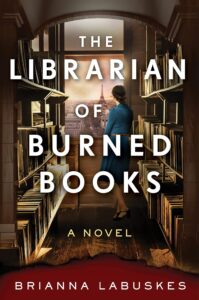
This WWII historic fiction deftly weaves stories of three different women, times, and places, all linked by concerns for the burning (or at least suppression of) worthy books. (Again, a topic sadly salient for this era.)
Berlin 1933, Althea James, a talented but naive American is excited to be invited by Goebbels, yet she soon is lured into the resistance; Paris 1936, Hannah Brecht finds the antisemitism she fled in Berlin flourishing in Paris. She fiercely defends the German Library of Burned Books; NY 1944, Vivian Childs, American war widow, struggles to protect books sent to soldiers from a powerful Senator’s attempts to censor the Armed Service Editions, paperbacks sent to millions of grateful soldiers overseas. The women’s lives intersect early and late in this compelling three-focus story of intelligence, courage, friendship, and love.
- By Any Other Name by Jodie Picoult
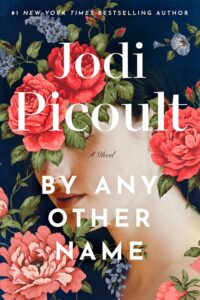
This far more complex and literary novel than Jodie Picoult’s usual popular panoply focuses on two women, one contemporary New York-Connecticut, one late Renaissance England. Both are forced to hide their talents behind men’s names. Each faces similar misogyny, a persistent resistance to women dramatists. Melina hooks her roommate and best friend, a gay black man and fellow aspiring playwright, into pretending to be the “Mel” who wrote a play about Emily Bassanos’ possible status as “the real Shakespeare.” Some actual scholars speculate that Emily, close friends with the gay poet Marlowe, is at least one of many of the paragon’s contemporaries who may have written plays claimed by Shakespeare, a full-time actor of the time. Each woman’s love interests are crucial to the plots, though it is Emily’s rising above her multiple sufferings that emphatically raises her to heroic levels. And it is details of her proven existence plus clever inter-weavings of Shakespearian references that make this book quite worthwhile historic fiction. Emily’s quote near the end may suggest a theme that potentially undermines the entire question of authenticity: “…being remembered by many was far less important than being remembered by a few who mattered.”
- The Many Lives of Mama Love by Lara Love Hardin
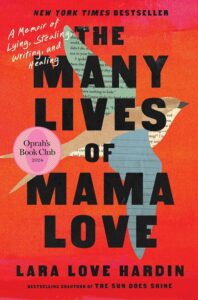
Because this memoir begins with a drug arrest, and I’d had enough of drug stories, I at first resisted it, but the strong character of author Lara Love pulled me in and forward. This lying, drug-dealing Soccer Mom soon becomes “Mama Love” to the women inmates that become her soulmates, though she was a wealthy white woman from upscale suburbs and they mostly black inner city. The relationships and politics in jail are particularly intriguing. Once released, Mama Love has the incredible luck of becoming part of a literary firm and she has the talent, insight, and persistence to propel herself forward into editing and ghostwriting books, including at least two interrelated nonfictions I had read years ago and admired. Each involves our criminal injustice system and the amazing Innocence Project. Oprah has been a propellant for these books as for so many. Mama Love should probably be considered an antihero rather than a heroine, but she is impressive, and ultimately good wins out.
- Our Missing Hearts by Celeste Ng
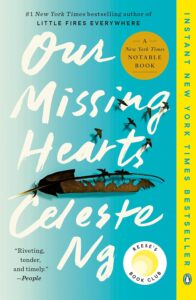
Ng offers in this compelling speculative fiction (akin to Margaret Atwood’s The Handmaid’s Tale) an oppressive near future in which children are snatched from parents who don’t fit the dominating mold of the group in charge. The woman and child at the center of the story are unforgettable characters. The husband/father is essential but less well developed; admittedly, minimizing males is too often a problem in such fiction by women authors, and may be one reason today’s book clubs are populated largely by women. (Topic for a future blog?) In the perfectly titled Our Missing Hearts, Margaret, a Chinese American poet, is our heroic Mother on the run as authorities and her beloved young son “Bird” search for her. Other activists, particularly artists, and one wealthy friend, help bring hope. Love, Creativity, Art, and True Stories are the powerful resistance weapons of choice in this quite original dystopia. My favorite phrase in the novel, and it is pivotal, references people “ravenous for stories.” I am absolutely “ravenous for stories” myself and, as a writer, trust others to be so. Is it any wonder this unusual perspective, powerfully written, is one of my absolutely favorite books in many years?
“““““““““““““““““““““““““`
As spring bursts forth all along the Gulf Coast, I’ll recall and recount our phenomenal recent snow. The next Dr Dolly’s Musings…will share in detail my gleeful personal experience of the truly historic snowfall that swept Pensacola and much of the region Jan. 21-22, 2025. I hope you’ll watch for this personal story Monday 31 and beyond. Please respond and share Dr Dolly’s Musings as you are inclined.
(Featured photo credit: Copyright © Dolly Berthelot. Taken April 29, 2022, “My Pastel Birthday Gift.”)
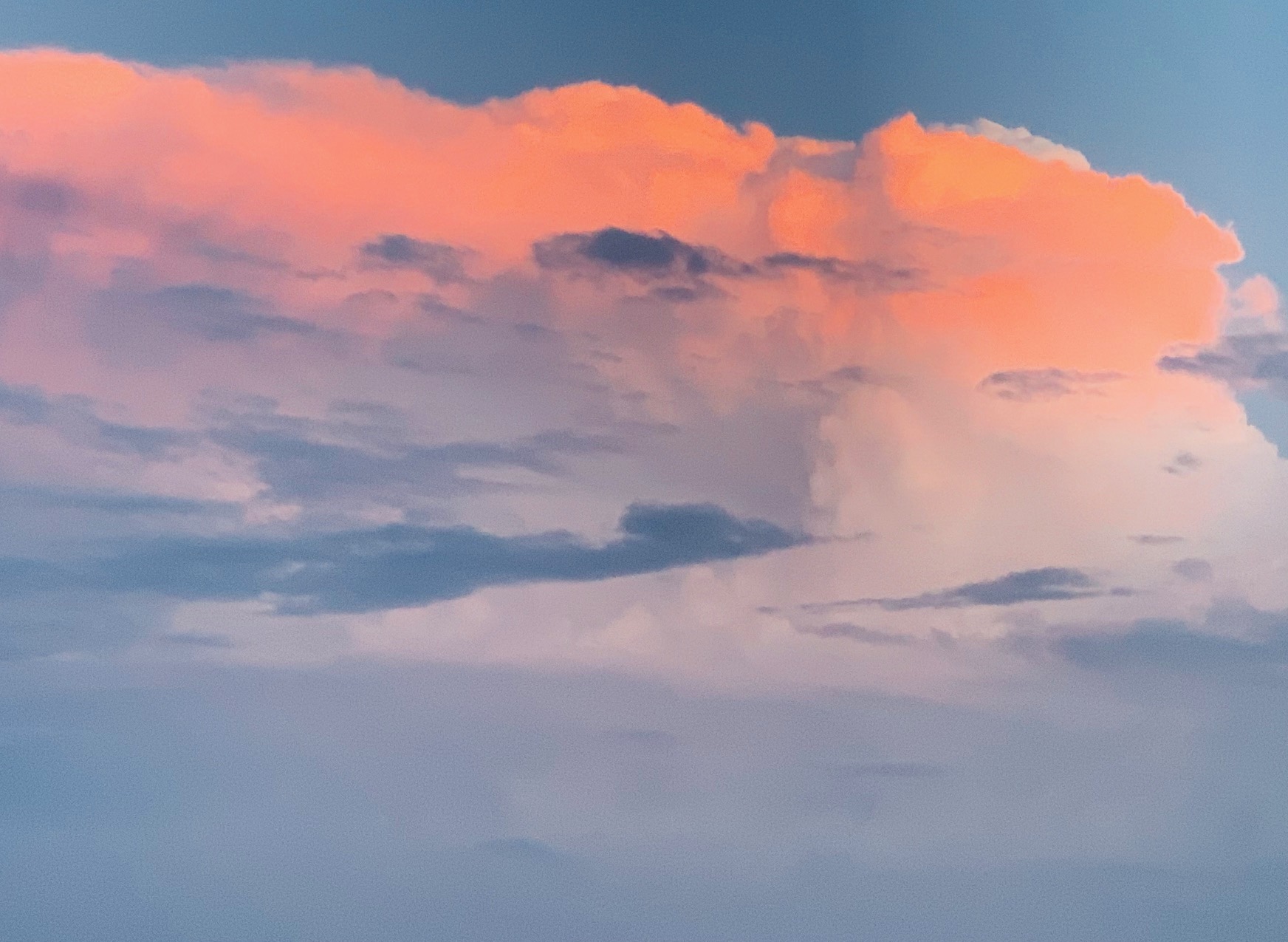
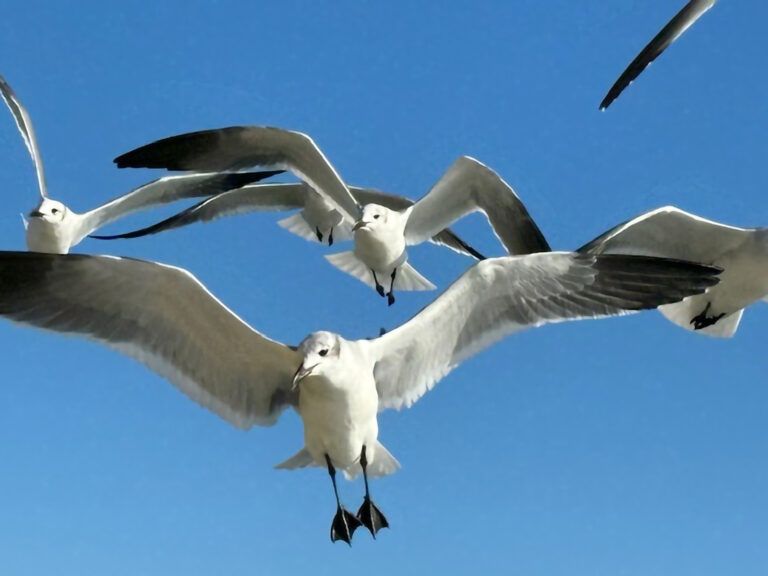
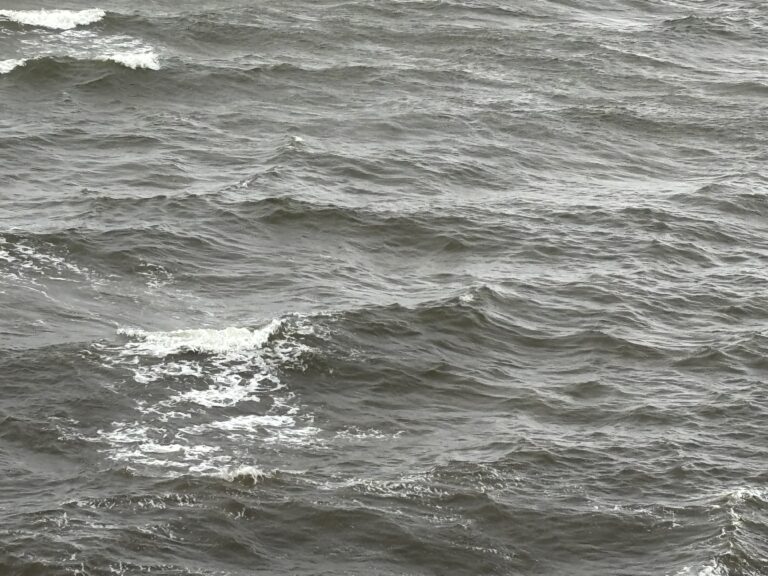

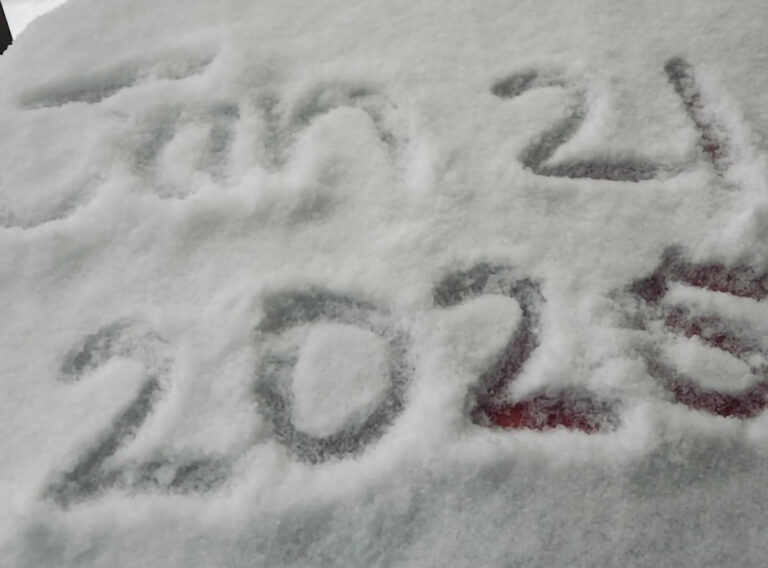
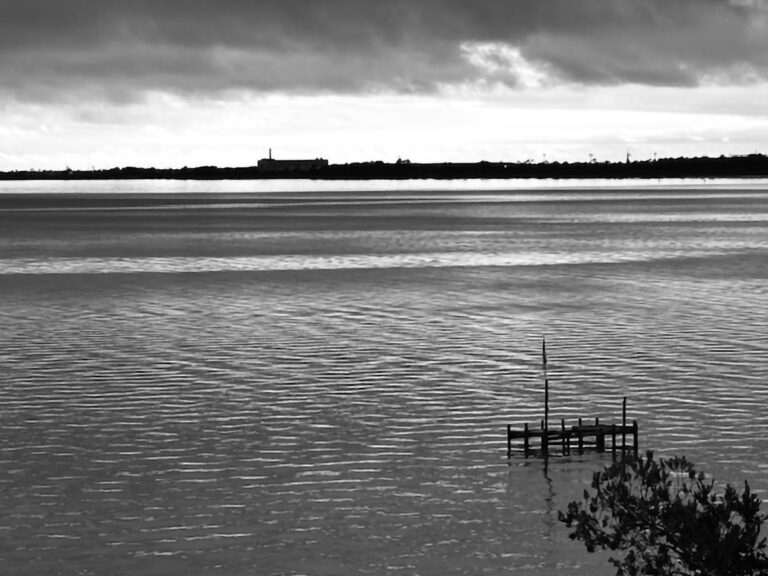

Nice range of and good commentary on these books. I did not know some of them.
Karen, Thank you. I will always be happy to hear from you and get your input. Please share freely.
Hi Dolly, it was nice to run into you again at Books By The Bay last weekend! Thank you for this compilation of impressive women in literature; a couple titles (The Many Lives of Mama Love and Our Missing Hearts) are new to me and I’m looking forward to reading them. Wholeheartedly agree with your assessment of Lessons in Chemistry and By Any Other Name! Another title I might (humbly ;)) suggest for consideration here: The Island of Sea Women, by Lisa See. It’s also a fantastic read!!
Julie, I really appreciate the feedback and input! Lisa See’s Lady Tan was one I considered including. I’ve wondered about her Island Women and may have to try it. I look forward to having you back in the library book club soon. Altho my musings are and will be varied, I expect the topic of books and book clubs to recur. Hope to see you here often.